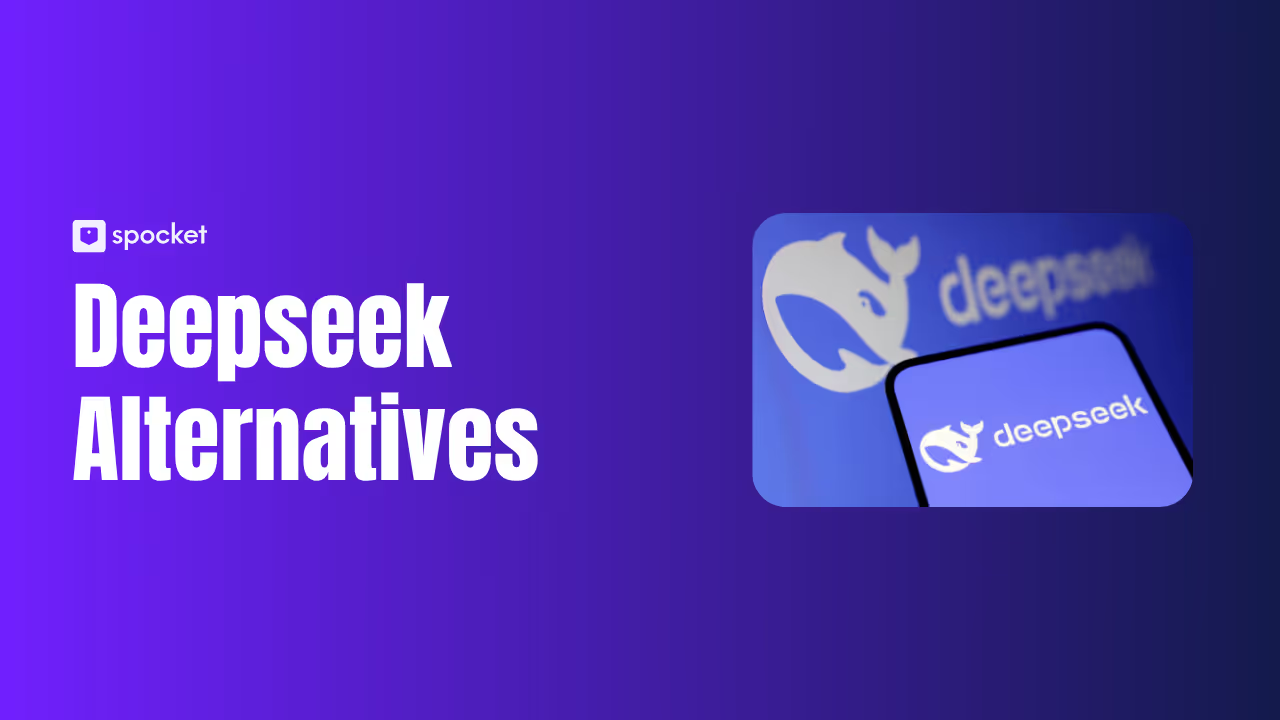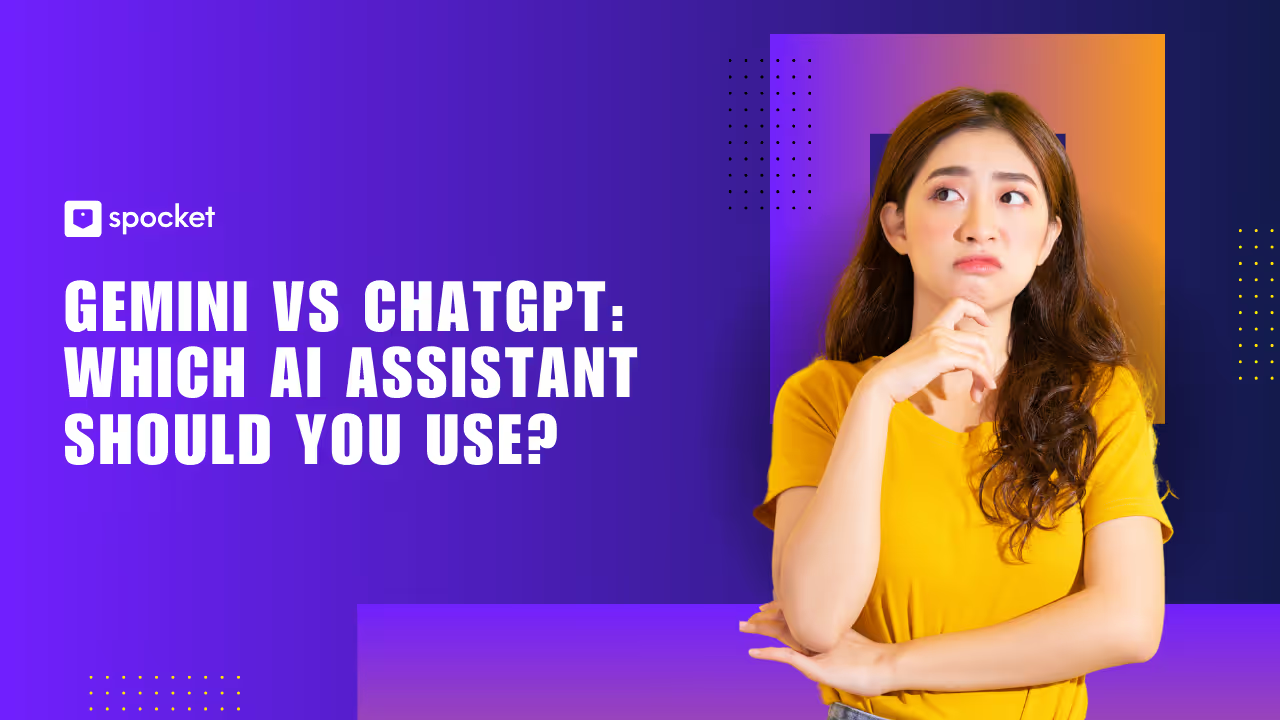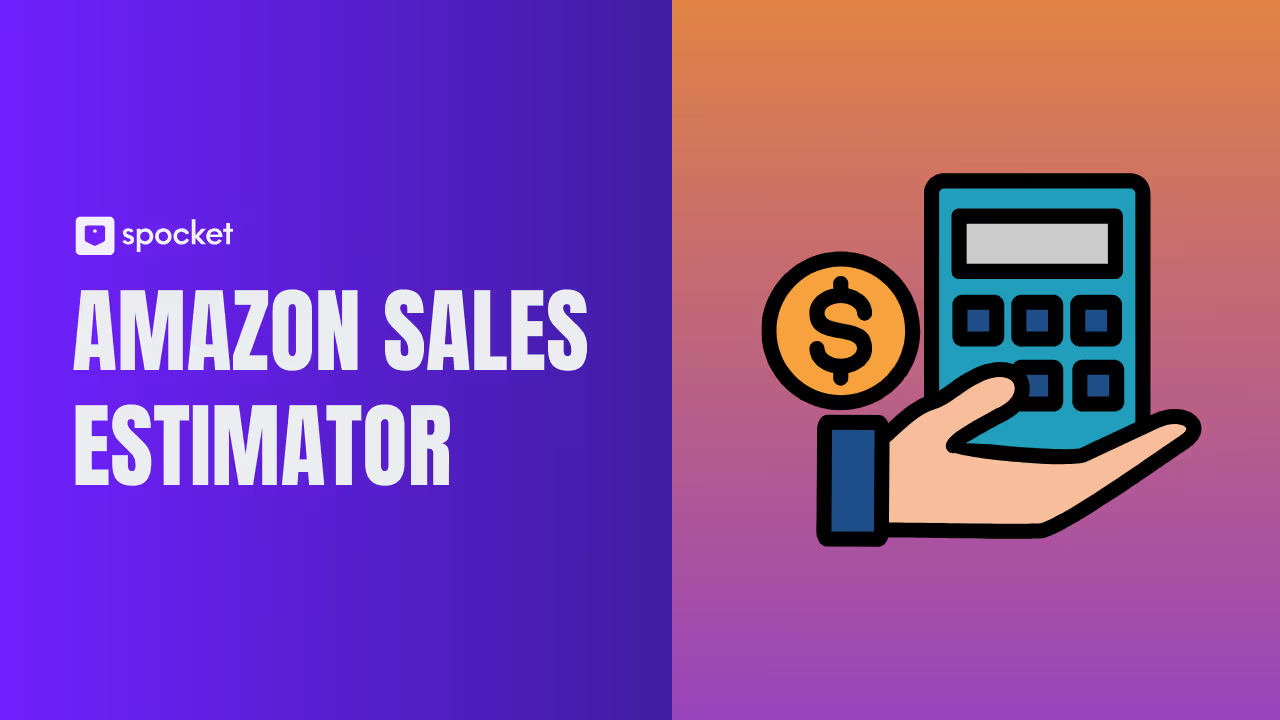Deepseek Alternatives
Explore the best Deepseek alternatives for writing, coding, and AI chat. Compare features, pricing, and real-world use cases to find your perfect AI match.


If you’ve tried Deepseek, you probably get the hype—it’s open-source, free, and surprisingly good at mimicking GPT-4. But if you’ve spent more than a few minutes with it, you’ve also noticed the cracks: limited tool integration, no plugins, and occasional output that just doesn’t hit the mark.
That’s why more users—especially developers, researchers, and content creators—are looking for something sharper, faster, and more versatile.
Whether you need longer context windows, smoother chat memory, or just something more user-friendly, exploring the right Deepseek alternatives can genuinely level up your AI experience.
But not all replacements are created equal. Some shine for code, others for creativity. And a few might just blow Deepseek out of the water entirely.
Let’s walk through the most powerful options—and figure out which AI tool is actually the right fit for your goals.
How to Choose the Best Deepseek Alternative Based on Your Use Case
Not all AI tools are built the same—and not everyone uses AI for the same reasons. Before jumping into the list of alternatives, it helps to get clear on what you actually need from a Deepseek replacement.
A researcher doesn’t need the same features as a developer. A writer? Totally different priorities. Let’s break this down.
What to Look For in a Deepseek Alternative
If you’re moving away from Deepseek, it’s probably because something’s missing. Here’s what to consider when picking your next tool:
- Model Power: Is it running GPT-4, Claude Opus, or something weaker like GPT-3.5? The difference in output quality is massive.
- Context Length: If you’re working with large documents, long codebases, or lengthy prompts, you’ll want something with a bigger memory window—Claude 3 Opus handles up to 200K tokens.
- Speed & Reliability: Some tools feel like you’re chatting in real time. Others? You might as well make coffee while they load.
- Customization: Can you fine-tune the model? Save chats? Add tools or plugins? These small features make a big difference over time.
- Privacy & Open Source: If you're building sensitive projects or want to self-host, check for local deployment options or open weights.
Match the AI Tool to Your Actual Workflow
Think of it like choosing a car—you wouldn’t buy a truck for city driving, right? Same goes for AI.
- If you're coding: You’ll need something that understands syntax, suggests functions, and explains logic step-by-step. (Spoiler: Phind crushes this.)
- If you're writing: You want memory, flow, and creativity. Something that can mimic tone, generate outlines, or edit drafts without flattening your voice.
- If you're researching: Real-time web access, citation support, and summarization are key.
Choosing the right Deepseek alternative isn’t about finding the most hyped tool—it’s about picking one that fits your brain and workflow.
Top Deepseek Alternatives with Advanced Capabilities in 2025
Now that you know what to look for in a Deepseek replacement, let’s get into the tools that are actually worth your time. These aren’t just “alternatives” in name—they bring real performance upgrades, better user experience, and smarter outputs across different use cases.
Here’s a breakdown of the top AI tools that outperform Deepseek in specific areas like speed, memory, coding accuracy, and creative support.
1. ChatGPT (GPT-4 Turbo)
Best for: All-purpose AI with top-tier performance
OpenAI’s ChatGPT is still the gold standard for a reason. With GPT-4 Turbo powering it, this tool handles everything from complex code to brand-level copywriting like a pro. It’s got memory (on paid plans), tools like Code Interpreter and DALL·E, and a slick interface. The Pro version is paid, but if you're serious about AI productivity, it's worth every penny.
What makes it better than Deepseek: More accurate responses, huge ecosystem (plugins, custom GPTs), and consistently strong performance in long-form outputs.
2. Claude 3 Opus by Anthropic
Best for: Long-form content, deep analysis, and ethical AI
Claude 3 Opus is known for two things: a massive 200K token context window and scary-good writing. It’s creative, nuanced, and doesn’t lose the plot halfway through a 10-page doc. Perfect for writers, marketers, or anyone working with layered prompts or research material.
What makes it better than Deepseek: Longer memory, better tone control, and arguably the most human-sounding responses of any AI.
3. Phind
Best for: Developers and engineers
Built specifically for developers, Phind is like Deepseek with steroids—if you’re coding. It notonly generates code, it explains it, debugs it, and references documentation like it lives in Stack Overflow. The UI is clean, and the tool is lightning fast even on the free plan.
What makes it better than Deepseek: Smarter code generation, real developer context, and natural multi-step problem-solving.
4. Perplexity AI
Best for: Research, summaries, and cited sources
Perplexity is your go-to when you want sources, not guesses. Unlike Deepseek, it shows where answers come from, updates in real time, and excels at summarizing web content, academic papers, and niche topics. It’s especially useful for students, journalists, and SEO pros.
What makes it better than Deepseek: Citations, browsing capability, and research-grade summarization.
5. HuggingChat
Best for: Open-source users and privacy-focused developers
If you love the idea of Deepseek being open-source but wish it had more polish, HuggingChat is a great step up. Powered by models like Mixtral and Zephyr, it's hosted by Hugging Face and gives you access to free AI chats without the locked-in feeling of proprietary platforms. While the UX isn’t as sleek as ChatGPT, it’s fast improving—and fully transparent.
What makes it better than Deepseek: More model variety, wider community support, and truly open-source with ongoing updates.
Best Free Deepseek Alternatives You Can Start Using Today
Sometimes, all you want is a fast, capable AI that doesn’t ask for your credit card. While Deepseek is loved for being free and open-source, it’s not the only option in town.
In fact, several tools offer powerful features, responsive models, and impressive performance—without charging a dime. Let’s explore the top free Deepseek alternatives that are actually worth using.
1. HuggingChat
HuggingChat stands out as one of the few truly open-source platforms that anyone can use without limits. It’s powered by a rotating lineup of models like Mixtral and Zephyr, depending on availability. No sign-ups required, no usage caps—just jump in and start chatting.
Why it's a solid free option: It’s community-driven, fully transparent, and doesn’t force premium upgrades.
2. Poe by Quora
Poe gives you access to multiple models—including Claude and GPT-3.5—at no cost. You’re limited in daily messages with the top models, but it’s still a fantastic way to try different AI brains in one clean interface.
Why it works well: You can easily switch between Claude, ChatGPT, and lesser-known models to compare results side-by-side—something Deepseek doesn’t offer.
3. OpenChat
OpenChat is an emerging lightweight alternative that aims to replicate the Deepseek experience with a bit more stability. It’s free, open-source, and designed for fast access to LLMs without any setup.
Why it’s notable: It’s easy to deploy or test in the browser, and ideal for those who want to self-host something similar to Deepseek.
4. Google Gemini (Free Version)
Gemini’s basic version gives users quick access to a helpful AI assistant without needing to pay. While its capabilities are somewhat trimmed down compared to the Pro version, it still performs well for everyday tasks like writing, summarizing, and brainstorming.
Why it’s worth a try: It's integrated with Google Search, runs fast in the browser, and works well for casual users who need a reliable chat AI.
Claude, ChatGPT, or Deepseek: Which One Performs Best in Real Tasks?
If you’re torn between Claude, ChatGPT, and Deepseek, you’re not alone. On paper, all three are capable. But in practice, their strengths show up differently depending on what you ask them to do.
To help you decide, we ran them through a few real-world tasks—nothing overly technical, just the kind of stuff everyday users care about.
Task 1: Writing a Blog Introduction
We asked each model to write an intro for a blog post about digital minimalism.
- ChatGPT gave us a structured, punchy paragraph that was ready to publish. It understood tone, added a hook, and formatted everything cleanly.
- Claude responded with more empathy—it sounded like a person reflecting on burnout. It felt deeply human, almost like journaling.
- Deepseek produced a decent draft but lacked nuance. The tone was flat, and it repeated a few phrases.
Verdict: ChatGPT wins on polish, Claude wins on emotion, Deepseek falls behind on tone control.
Task 2: Explaining a Code Snippet
We gave each model a short Python script and asked it to explain what the code does.
- ChatGPT broke it down step-by-step, adding context and offering suggestions to improve it.
- Claude explained the logic well but added a bit of philosophical overkill—it over-explained a basic function.
- Deepseek did okay for simple lines but got confused with nested conditions.
Verdict: ChatGPT handles it best. Claude is good, but verbose. Deepseek lacks consistency with technical prompts.
Task 3: Summarizing a Research Article
Using a long-form article on climate change policy, we asked each tool to generate a concise summary.
- Claude nailed it—clean summary, key insights, and even pulled out data references.
- ChatGPT was solid, but it slightly oversimplified some parts.
- Deepseek lost the context halfway through and repeated some lines.
Verdict: Claude takes the lead here. Its context retention is clearly ahead of Deepseek’s.
Final Thoughts from These Tests
All three tools are capable, but they each shine in different ways.
- Choose ChatGPT if you need a polished all-rounder with tools and extensions.
- Go with Claude if you value depth, context, and creativity in your writing.
- Stick with Deepseek only if you’re experimenting or want an open-source starting point.
Use-Cases: Which Deepseek Alternative Works Best for You?
Not every AI model excels at everything—and that's okay. The key is knowing which one fits your specific needs. Whether you're writing blog posts, analyzing data, or managing customer support, there’s a better option than Deepseek tailored for that job.
Let’s break it down by use case so you can find the best fit for your workflow.
For Content Creators & Writers
If you're a blogger, copywriter, or content marketer, tone and creativity matter as much as accuracy.
- Claude 3 Opus is incredibly fluent and emotional. It crafts natural, almost human-like writing that doesn’t feel robotic.
- ChatGPT offers consistent structure and polish. It’s great for outlines, drafts, editing, and even brainstorming content ideas.
Deepseek, while functional, often lacks the fluid tone and memory needed for nuanced writing. If your writing has a voice, go with Claude or ChatGPT.
For Students & Researchers
Need help summarizing a journal article? Looking for fact-backed content or citations?
- Perplexity AI shines with web results and citations in every answer. It’s like having a research assistant with real-time web access.
- Claude handles long-form reasoning beautifully, making it great for synthesizing multiple arguments and perspectives.
Deepseek struggles with nuance and often lacks reference depth. It’s okay for quick answers, but not for academic-level support.
For Customer Support & Chatbots
If you're building bots or automation flows, response clarity and customizability matter.
- Poe by Quora allows access to multiple models via API, which is great for fine-tuning tone and switching responses based on intent.
- ChatGPT (with API access) lets you build fully branded, integrated support flows with memory and plugins.
Deepseek is still catching up on customization, and it doesn’t offer built-in integrations or plugins. For customer-facing tasks, it might not hold up under pressure.
Final Thoughts: Deepseek Is Good, But These Tools Might Be Smarter for You
Deepseek brought a breath of fresh air to the open-source AI world—but it’s not the finish line. It’s a strong starting point, especially for developers who want transparency and freedom. But when it comes to long-form writing, deep research, real-time accuracy, or coding precision, other tools simply offer more power.
ChatGPT gives you reliability and an ecosystem. Claude brings emotional intelligence and creative depth. HuggingChat keeps things open and accessible. And Perplexity? It’s a researcher’s dream.
If Deepseek has been “good enough” for you so far, that’s fine—but don’t stop there. Try a few of these alternatives side by side. You’ll be surprised how much smoother, faster, or smarter your workflow can get when you're matched with the right AI.
Because at the end of the day, the best AI isn’t the one with the most hype—it’s the one that quietly makes you better at what you do.
FAQs About Deepseek Alternatives
Which Deepseek alternative is best for developers?
Developer-friendly tools include Phind, ChatGPT (with Code Interpreter), Google Gemini Pro, and OpenChat. These tools excel at code generation, debugging, and real-world documentation support.
Are there Deepseek-like AI tools that provide real-time web access?
Yes—Perplexity AI, Chatsonic, and Google Gemini offer real-time browsing, source-backed results, and live summaries, unlike Deepseek’s static knowledge base.
Is Claude a good replacement for Deepseek?
Absolutely. Claude 3 Opus is especially strong for writing, research, and long-form content, thanks to its large memory window and highly natural language output.
Can I use Deepseek alternatives via API for my app or business?
Yes. Tools like ChatGPT, Claude, Poe, and OpenChat offer API access, letting you integrate AI into your apps, chatbots, or workflows with varying pricing models.
Do Deepseek alternatives support multiple languages?
Most top alternatives—like Claude, ChatGPT, and Gemini—support dozens of languages with high accuracy. They’re ideal for translation, multilingual writing, and global customer support.
Launch your dropshipping business now!
Start free trialRelated blogs

Gemini vs ChatGPT: Which AI Assistant Should You Use?
Compare Gemini vs ChatGPT for writing, coding, research, and ecommerce. See features, pricing, strengths, and quick pick rules to choose the best AI assistant for your workflow.

Best 10-Minute Delivery Apps India
Here is a list of the best 10-minute delivery apps India offers in 2026. From Swiggy, Zepto, Blinkit, and more! Check them out now!

Best Amazon Sales Estimators
Are you looking for a reliable and trustworthy Amazon sales estimator? Well, check out these options we have in store for you!

































